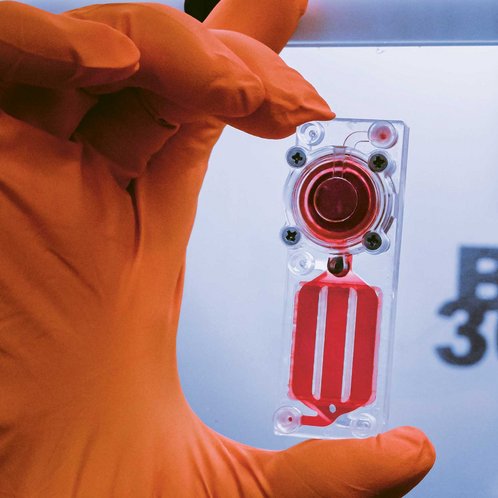
Research
The BfRshort forGerman Federal Institute for Risk Assessment has the statutory task of undertaking scientific research that is closely linked to its activities.

Research at the BfR
Task
The BfRshort forGerman Federal Institute for Risk Assessment conducts its own research primarily in subject areas in which risk assessments are required or in which an acute need is seen in the context of consumer health protection. The data, methods and procedures generated are thus the basis for health risk assessment and policy advice based on the latest findings. The research also includes work of a non-experimental nature and is conducted with the aim of achieving scientific excellence and meeting international standards.
The BfRshort forGerman Federal Institute for Risk Assessment thus ensures and promotes scientific expertise for internationally recognized competence and expertise for risk assessment that is independent of economic interests. The institute is independent in its scientific assessment and research.
The research priorities of the BfRshort forGerman Federal Institute for Risk Assessment are oriented towards the institute's risk assessment tasks on questions of consumer health protection as well as the tasks of the reference laboratories, the development of alternative and supplementary methods to animal testing and risk communication.
Our topical introduction to research






Co-operation
Besides its own research activities, BfRshort forGerman Federal Institute for Risk Assessment nurtures close contacts on the national and international levels through joint research projects and the exchange of scientific experience. Co-operation takes the form of institutional co-operation or joint research projects.
The scientists at the BfRshort forGerman Federal Institute for Risk Assessment make an active contribution to the work of many bodies, but the institutional exchange of experts is also becoming increasingly important.